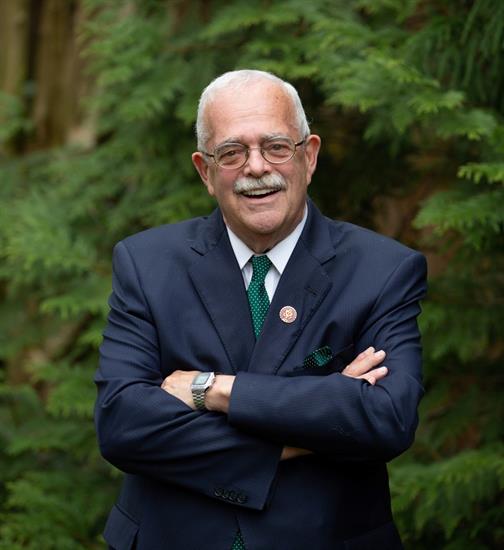Protest. Pray. Work.
by Jennifer Roberts
Yesterday, I thought about the sequence of events that generally happen after racially motivated acts of violence like the ones committed last weekend in Buffalo, New York and Laguna Woods, California. When these despicable hate crimes are committed, some people are filled with a range of emotions that motivate them to take immediate action. Some people take to the streets organizing and participating in peaceful protests and marches. Others engage social media platforms to raise their voices against racism. Many people pray and hold vigils, asking God for comfort, peace, and solutions. Protesting and prayer are common responses in which many people engage, but there is a third act in which not enough people are consistently engaging, and that is the work.
Last night, my family and I participated in a local unity vigil at Harris Pavilion in the city of Manassas, Virginia. It was a peaceful gathering in which community leaders and members stood in solidarity against hate. The common thread that was woven in the speeches, prayers, and poetry of the community leaders was the need for action. The message was clear, that after the protests and as we pray, we must do the work that will bring about change. Unfortunately, this is where we lose momentum, and we lose racial justice advocates.
Once the shock of yet another violent attack settles in and our senses recalibrate, too many of us simply go back to living our lives the same way we were before. It’s almost as if the violence was “BREAKING NEWS,” that temporarily interrupted the regularly scheduled program of our lives and once the announcement ends, we go back to business as usual until the next interruption.
I challenge us, as a community, to do something different this time. Let’s take the assaults from Buffalo and Laguna Woods as invitations to act, as opportunities to get involved or stay involved in the consistent work that will help combat racism in our communities. The struggle against racism needs us all.
The work of cultivating racially and culturally healthy communities takes on many forms. There isn’t a one size fits all solution and there is no quick fix. If you are a business owner, part of the work might look like ensuring that your hiring practices are racially equitable and requiring that your staff members participate in effective cultural competency training on an ongoing basis. If you are a school principal, part of the work might include ensuring that you are hiring qualified teachers of color so that your staff members reflect the racial and cultural diversity of your student body. If you are an employee of an organization, part of the work might look like you approaching your manager about organizing cultural competency training for all staff members and encouraging that he or she prioritizes time for ongoing, companywide discussions about racism and its effects.
If you are a teacher, part of the work might include you having the humility to identify your personal biases or prejudices and asking for support from your principal to address them so that you can be the best educator for all your students. If you are a community member, the work might include proactively building relationships with people who are of a different race or culture than yourself. Consistently work to get to know someone different at work. Join a Bible study group at a church other than the church you usually attend or invite a neighbor to go for regular evening walks. Building relationships in our communities are an effective way to combat racism locally.
The work of creating more unified communities is generational, and it is relational. The work is as much individual as it is collective, and we all must choose to make consistent contributions as a way of life, not just when heinous acts of violence are committed. Authentic community is not created in isolation and comfort; it is fostered by intentionally and actively valuing every member of the community, no matter their racial or cultural identity. When we choose to see and value the humanity in our neighbors, the work of building authentic community becomes achievable.



